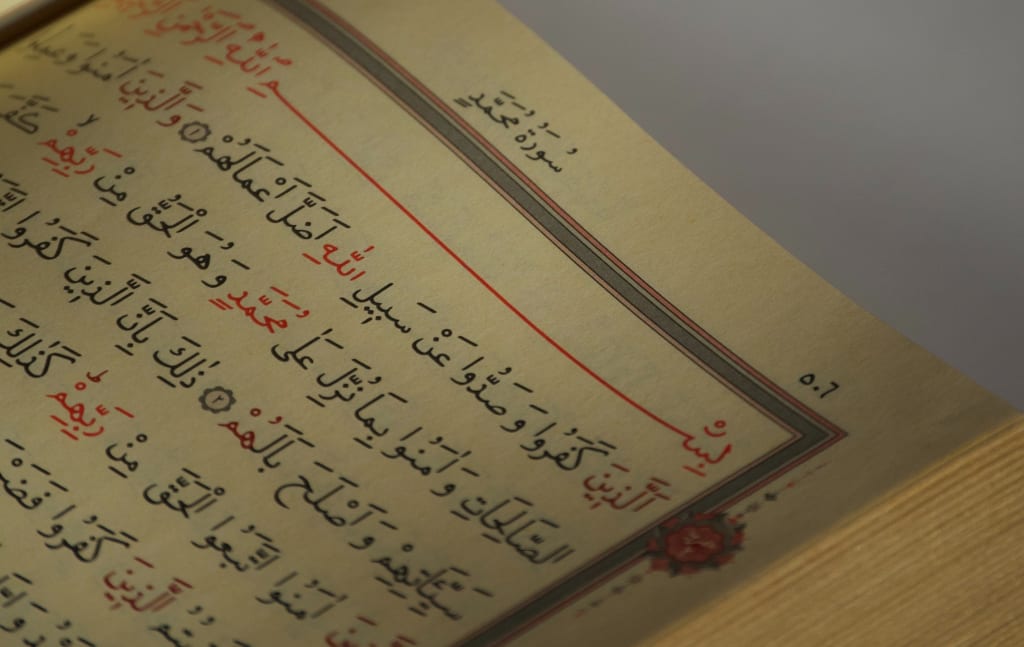Spoken Languages and State Relationships in Egypt
Words Are Not Always Equal

Egypt dates back to ancient times and is a land of contrast and diversity. The culture is rich with history and has influenced as well as adapted with other cultures from the region. The official language of Egypt is Literary Arabic and the majority of the people speak Egyptian Arabic with the second most popular language being Sa’idi Arabic. Essentially both languages are built on the same dialect however the only language recognized as official by the Egyptian government is Literary Arabic.
Egyptian Arabic began in the Nile Delta portion of Lower Egypt close to Cairo. It started to be formed during the Muslim conquest of the 7th century and continued to be developed with influences from the Coptic of Pre-Islamic Egypt and other languages including English, French, Italian and Ottoman Turkish (Study Country). The dialect is so popular in the Middle East region that Egyptian Arabic is a secondary language in countries including the UAE, Israel and Libya. Part of the reason for this is Egyptian cinema and other medias are quite popular in the region.
Sa’idi Arabic is also called Upper Egypt Arabic or Saidi Arabic and is a form of the dialect that has similarities to Sudanese Arabic and Egyptian Arabic. Some of the dialects in the language are Upper and Middle Egyptian Arabic (Study Country). The language is mostly spoken by residents in South Cairo to the border of Sudan. Sa’idi Arabic is considered to carry less prestige than Egyptian Arabic and although it is broadly spoken it is mostly used in the Northern portion of Egypt and spoken by immigrants living in rural communities who have only partially conformed to speaking Egyptian Arabic.
Learning that Egyptian Arabic is considered more prestigious I took to asking some Egyptian people on a Facebook Group about what they thought about the difference in the language. The general consensus was that Egyptian Arabic is of a higher class. I managed to find one user who spoke Sa’idi and she told me that in some areas, especially Cairo, the dialect you speak will determine how other Egyptians will treat you. Some Egyptians will look down on those who speak Sa’idi Arabic.
Although both languages are derived from Arabic and Sa’idi Arabic builds on some of the Egyptian Arabic vernacular, the people who speak Egyptian Arabic do not at all times comprehend more conventional forms of Sa’idi Arabic (Study Country). This means there is still a language barrier for those who speak Sa’idi Arabic and not Egyptian and are residing in the country
The government of Egypt does not recognize or dismiss Sa’idi Arabic. For written documents the official language of the country is Literary Arabic and depending on the location of Egypt the portion of government office is located will increase the odds that someone there may speak Sa’idi Arabic. The official spoken language in Egypt is Egyptian Arabic and it is guaranteed that an interaction with a government entity can be performed using this dialect. There are no real mandates to officially recognize Sa’idi Arabic but it is the language spoken in the regions where it was developed and by members of the Sa’idi tribe.
In Egypt the official language is Literary Arabic and the spoken version of Arabic is Egyptian Arabic. It is a popular version of Arabic and spoken in many countries throughout the region. The secondary language Sa’idi Arabic is spoken by a large portion of people but has no official place with the Egyptian government. Although both dialects are derived from Arabic they only share certain similarities and Egyptian Arabic is considered to be spoken with more prestige and a higher class of spoken Arabic than Sa’idi Arabic.
Sources
Miller, Catherine, “Between Myth and Reality: the Construction of a Saîdi identity”. N. Hopkins & R. Saad. Upper Egypt, Identity and Change, American University of Cairo Press, pp.25-54, 2004.
Study Country, “Languages in Egypt”. studycountry.com, 1999-2021. https://www.studycountry.com/guide/EG-language.htm.
Cover Image
F, M. U. H. T. E. L. I. (2023, September 28). Close-up of the pages of Quran · Free stock photo. Pexels. https://www.pexels.com/photo/close-up-of-the-pages-of-quran-18525846/
About the Creator
Enjoyed the story? Support the Creator.
Subscribe for free to receive all their stories in your feed. You could also pledge your support or give them a one-off tip, letting them know you appreciate their work.






Comments
There are no comments for this story
Be the first to respond and start the conversation.